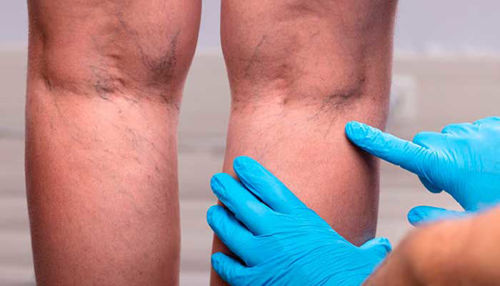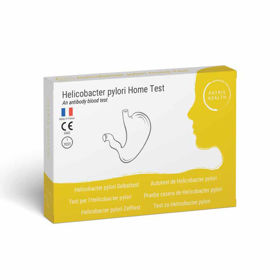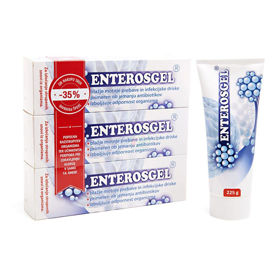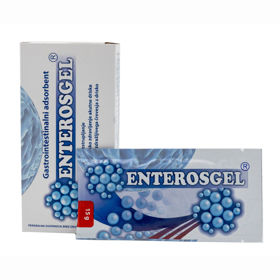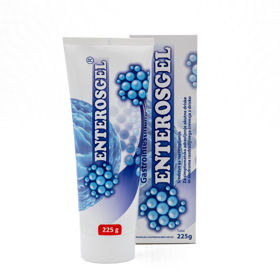Helicobacter pylori is the type of bacteria that most commonly infects the stomach. It can damage tissue in the stomach and the first part of the small intestine (duodenum). In some cases, it can also cause painful sores called peptic ulcers in the upper digestive tract.
Helicobacter pylori: General | Symptoms | Cause | Diagnosis | Treatment | Preventiva | Home Care | Questions and Answers | Sources/references
The bacterium Helicobacter pylori is common; many people have it, but most people will not develop ulcers or symptoms. Helicobacter pylori often attack the mucosa that protects the stomach. The bacterium produces an enzyme called urease, making stomach acids less acidic and significantly weakening the stomach lining.
This puts your stomach cells at greater risk of being damaged by acid and pepsin, which are powerful digestive fluids. This condition, however, can further cause ulcers or ulcers in the stomach or duodenum. In addition, Helicobacter pylori bacteria can also stick to stomach cells, preventing your stomach from protecting itself well.
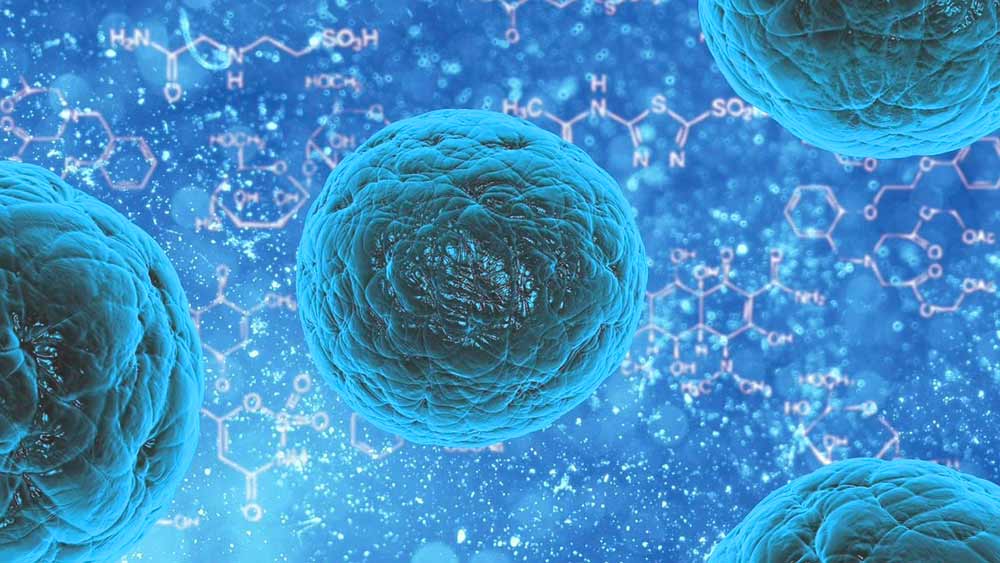
It is rare for Helicobacter pylori infection to develop cancer. However, because so many people worldwide are infected with Helicobacter pylori, it is considered a significant cause of stomach cancer. People living in countries where Helicobacter pylori infection occurs early are most at risk of developing stomach cancer.
Symptoms
Most people with Helicobacter Pylori infection will never have any specific symptoms. When signs or symptoms occur, they are usually associated with gastritis or peptic ulcer and may include:
- pain or burning pain in the stomach
- stomach pain that may be worse when the stomach is empty
- unintentional weight loss
- loss of appetite
- frequent sleep
- dark mud
- flattening
- nausea
Image: The image shows stomach pain, which is a symptom of Helicobacter pylori infection.

Diagnostic testing for Helicobacter pylori infection is recommended if you have chronic stomach pain, nausea, active stomach/duodenal ulcers, or a history of ulcers.
Although H. pylori infection is the most common cause of ulcers, not all patients with stomach ulcers have Helicobacter pylori. In addition, certain medications (such as aspirin, ibuprofen, and naproxen) can also cause peptic ulcers.
If you have an ulcer, you may feel a dull or burning pain in your stomach. The pain may come and go, but you will likely feel it when your stomach is empty. It can take a few minutes or several hours. Ulcers can bleed into the stomach or intestines, harming your health.
Other signs of an ulcer are:
- flattening
- burping
- an unpleasant feeling of hunger
- nausea
- vomiting
- weight loss
Get medical help right away if you have any of these symptoms:
- stools that are bloody, dark red, or black
- breathing problems
- dizziness or fainting
- feeling very tired
- pale skin color
- vomit containing blood
- severe, sharp abdominal pain
Cause of infection
Doctors are not entirely sure how H. pylori infection is transmitted from person to person. However, research shows you can become infected with the bacteria by consuming contaminated food or water. Helicobacter pylori can also spread through contact with an infected person's saliva, vomit, or feces.
Video content: how we get infected with Helicobacter pylori.

Factors that can increase the risk of developing an infection:
- exposure to crowded space
- living in a developing country
- inaccessibility to clean water
- living with someone who has H. Pylori
Diagnosing
Testing for H. pylori is usually not recommended if you are asymptomatic and have no history of peptic ulcer disease. However, it may be considered in selected people, such as those with a family history or concern about stomach cancer.
If you don't have ulcer symptoms, your doctor probably won't test you for H. pylori. However, if you have them now or have had them in the past, it is recommended that you get tested. To begin, your doctor will ask you about your medical history, symptoms, and medications you are taking. They will then do a physical exam, including pressing your abdomen to check for swelling, tenderness, or pain.
The doctor may also perform other tests, including:
- Blood tests: these check for infection-fighting antibodies, which means you have the bacteria.
- Stool culture test: This looks for abnormal bacteria in your digestive tract that can cause diarrhea and other problems. A small stool sample is collected and sent to the laboratory. In 2 or 3 days, the test will show if you have any abnormal bacteria.
- Breath tests: These can check for any carbon after you swallow a urea tablet containing carbon molecules. If carbon is found, H. pylori has produced the enzyme urease.
- Upper endoscopy (EGD): This test examines the esophagus, stomach, and duodenum lining. The test involves a thin, lighted tube or endoscope. The tube has a camera at one end. The tube is inserted into the mouth and throat, then into the esophagus, stomach, and duodenum. If necessary, a small tissue sample (biopsy) is taken.
- Computed tomography (CT): this is a powerful X-ray that takes detailed pictures of the inside of your body.
Picture: picture shows ampoules of blood in a blood test.

If you have H. pylori, your doctor may also test you for stomach cancer. This includes:
- physical examination
- CT or magnetic resonance imaging (MRI)
- blood tests to check for anemia
- stool occult blood test
- endoscopy
- biopsy
Treatment
The doctor will create a care plan for you based on the following:
- your age, general health, and past medical condition
- tolerance to certain drugs or therapies
- the seriousness of your case
The treatment options are as follows:
- Antibiotics such as amoxicillin, clarithromycin, metronidazole, tetracycline, or tinidazole Medicines that reduce the amount of acid in the stomach by blocking proton pumps - bismuth subsalicylate often helps to kill H. pylori together with antibiotics
- medications that block the chemical histamine that prompts your stomach to make more acid
You must take everything your doctor prescribes and follow all instructions. If you don't take antibiotics correctly, the bacteria in your body can become resistant, making infections harder to treat. If your medications bother you, talk to your doctor about treatment options and how to manage side effects.
Image: antibiotics; when an attack is in full swing, the most potent antibiotic is a standard solution
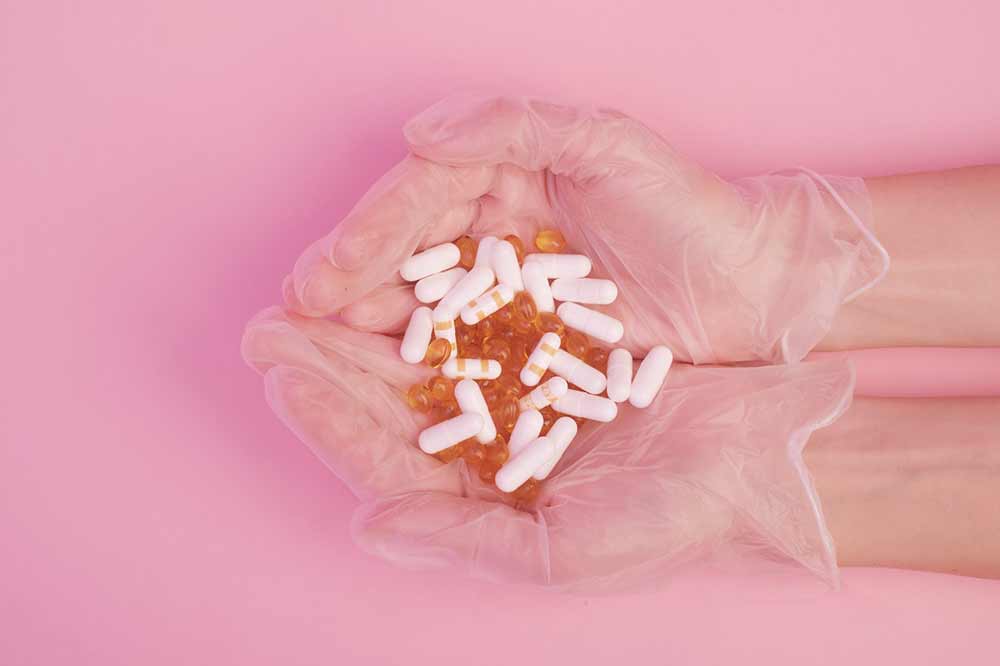
Most ulcers caused by Helicobacter pylori heal after a few weeks of treatment. After treatment, avoid taking non-steroidal anti-inflammatory drugs for pain, as these drugs can damage the stomach lining.
The doctor will repeat the breath and stool tests at least two weeks after the PPI treatment and four weeks after the antibiotic treatment.
Preventive
You can protect yourself from Helicobacter pylori infection by taking the following steps:
- wash your hands thoroughly after using the toilet and before preparing or eating food
- avoid food or water that is not clean
- don't eat anything that isn't thoroughly cooked
- avoid food served by people who have not washed their hands
Video content: how to properly mind go hands.

Although stress and spicy food do not cause ulcers, they can prevent rapid healing or intensify the pain. Talk to your doctor about ways to manage stress, improve your diet, and, if you smoke, how you can get help to quit.
Home care
Antibiotics and other medicines can cause side effects. Using natural remedies can help prevent these side effects. However, since natural treatment will not completely eradicate the bacteria, home remedies can be used along with conventional therapy.
Probiotics
Antibiotics kill both good and bad bacteria in the stomach, so probiotics help restore the balance. Healthy digestion and absorption of nutrients are essential for optimal growth and development and optimal physiological functioning. In addition, the gut is home to a significant part of the immune system, so it's crucial to ensure that the digestive system is in great shape to ensure overall health.
Honey
It seems that our ancestors worldwide were well aware of the many health benefits of honey. Its earliest known use as a medicinal recipe is found in Sumerian clay tablets, which are nearly 4,000 years old. Almost 30% of Sumerian medicines included honey.
Honey contains many minerals, enzymes, and amino acids. In India, honey is an essential part of Siddha and Ayurveda - ancient, traditional systems of medicine. In ancient Egypt, it was used in treating skin and eye diseases and as a natural dressing for wounds and burns.
Image: Honey has many benefits for the body when fighting infection.

Take one or two tablespoons of honey every day. Adding a little honey every morning, you can also drink hot water or tea. You can also spread honey on bread instead of chocolate spread or jam. A mixture of vinegar and honey has been famous for digestion for many years. Add two tablespoons of apple cider vinegar and one tablespoon of honey to a glass of warm water and drink before each meal.
Green tea
Green tea contains natural antioxidants, and people have celebrated its health benefits for centuries. People have used green tea in traditional Chinese and Indian medicine to control bleeding, heal wounds, aid digestion, and improve heart and mental health.
Green tea has been shown to have many health benefits, including aiding digestion and soothing the gut (on hold botanicals). In addition, green tea is particularly rich in polyphenols, catechins, and antioxidants and can help alleviate the symptoms of indigestion (on-hold botanicals).
Questions and answers
How do we know that we are infected with Helicobacter pylori, and what are the first signs?
There is a possibility that you will not show any signs of infection. However, if signs do occur, they may include:
- pain or burning pain in the stomach
- frequent sleep
- flattening
- disease[2]
How are we treated if we have been infected with Helicobacter pylori?
H. pylori infections are usually treated with at least two different antibiotics simultaneously. This helps prevent bacteria from developing resistance to a particular antibiotic. Treatment may also include medication to help the stomach heal. The most commonly used antibiotics are amoxicillin, clarithromycin, and metronidazole[1].
What are the most common causes of Helicobacter pylori infection?
H. pylori infection occurs when the bacteria infects the stomach. H. pylori bacteria are usually spread from person to person through direct contact with saliva, vomit, or stool. However, H. pylori can also be spread through contaminated food or water[1].
Sources and references
1. Helicobacter pylori (H. pylori) infection - https://www.mayoclinic.org
2. H. Pylori Infection - https://my.clevelandclinic.org





